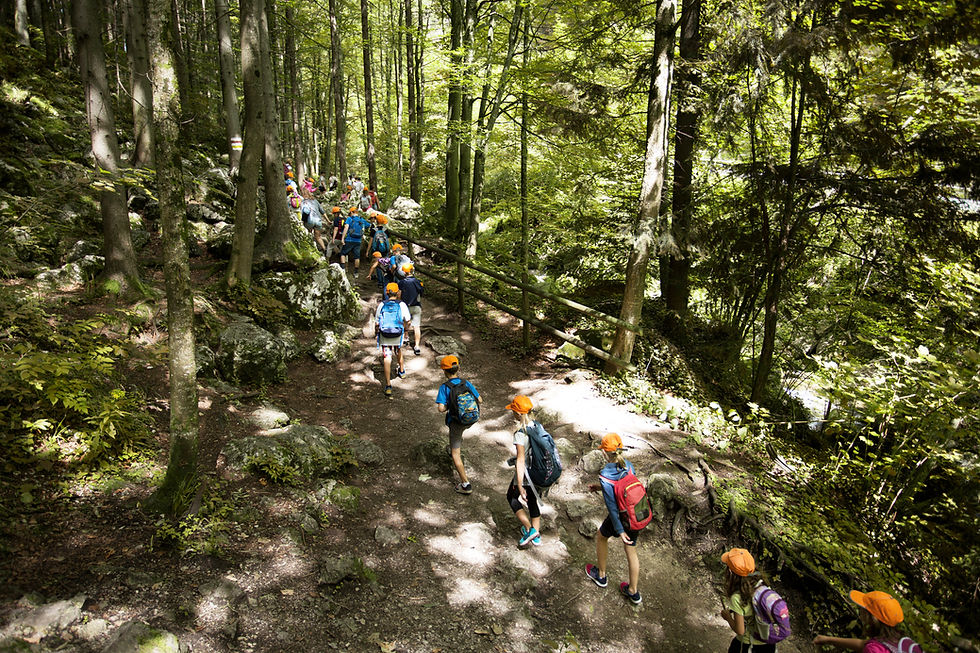DAILY WILDLIFE NEWS
Join our mailing list to never miss a post

Hazel Townshend
23 Sept 2024
Why housing companies are funding wildlife activities in Britain's primary schools to encourage conservation interest and learning.
Whitney said "the children are our future" and whilst the world is in the midst of an environmental crisis we must strive to make their "greatest love of all" nature. Whilst the enthusiastic minds of the youth are still so impressionable, it is important to educate our children on the significance of conservation more than ever before.

Many construction companies, wildlife trusts and other organisations are working hard on community engagement projects to introduce primary schools to the wonderful world of wildlife and it seems to be working. Here are some of the most recent conservation projects that British school children have participated in.
Upcycling and birdwatching

Orbit homes have invested £25 million into community projects in the last year, many of which has contributed to their eco-buddies programme. The project works with schools by providing recycled building materials and instructions for KS2 (ages 7-11) children to make green features including bird boxes, bug hotels, hedgehog homes, and bird feeders for their school.
Their website provides activities and worksheets to download for free including: spotter guides, games, puzzles and news writing students to engage in. This wholesome enterprise allows children from both privileged and deprived backgrounds to actively engage in conservation projects in school but also gives them the opportunities to learn about wildlife at home.
Hands on ecological experiences

The River Esk connect project in North Yorkshire has also jumped on the bandwagon of school engagement after receiving £1.1 million from the community national lottery fund. They are based in Esk Valley district and allow school children to explore the importance of our freshwater ecosystems.
REconnect provide learning days for classes to participate in wildlife surveys, invasive species management, river monitoring and hedge planting. These activities are encouraging children to learn more about biodiversity and provide an introduction to the essential skills for any aspiring young ecologists or conservationists.
Rewilding and gardening

Curo housing, based in somerset are a people-first rental company that provide support services for families in need of mental health, financial and job-seeking advice. They have also recently ventured into the world of conservation education in schools by providing £2000 of funding for a forest school area in Peasedown Primary, Bathe.
The area consists of accessible planters, gardening tools, wildlife refuges and much more. It is used in science lessons to teach their pupils about conservation and sustainable practices.
What next?
Children born into poverty may not have the opportunity to learn about wildlife outside of school and this is an ongoing problem that needs government backing in the most deprived parts of the country.
However, the future is looking bright but not burning if the generosity shown by these companies continues in other regions in the UK. Eco-learning is not difficult to implement into the education system, it just requires a little boost in low income areas.

Expand your horizons
Check out our blog and get inspired by the incredible work in the natural sciences coordinated by women. Then, learn how to replicate their success with tips and tricks.

